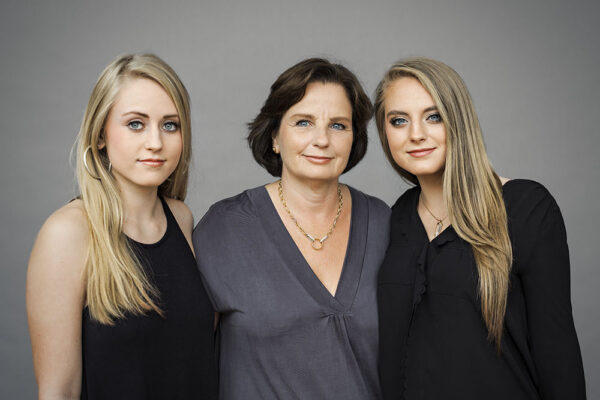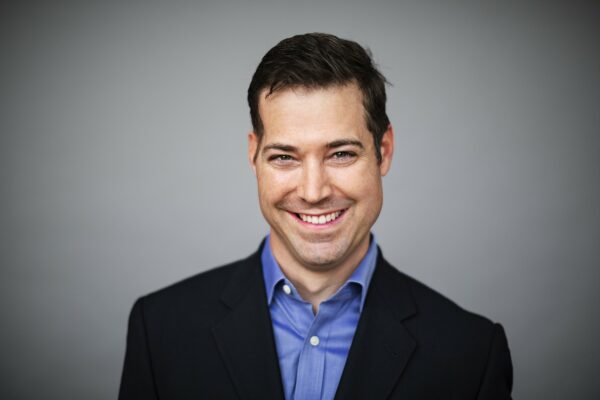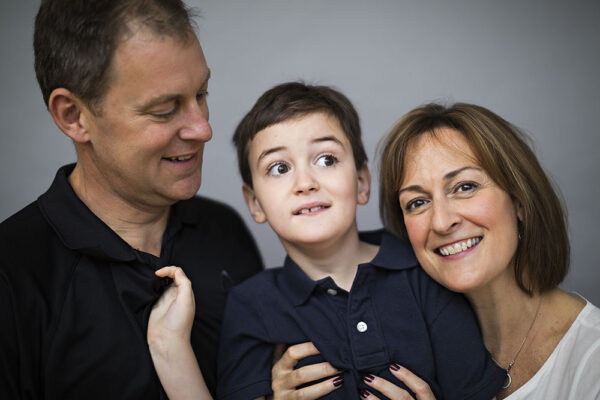A story from Mary H. Smart, Brain Research Foundation Honorary Trustee

So, we have witnessed the complexity and mysteries of how the mind works and felt the sadness and despair of not always being able to help. Almost everyone we know has some family member or close friend who has suffered from neurologic disorders—Alzheimer’s disease, epilepsy, schizophrenia, Parkinson’s disease, or other neurological challenges impacted by the BRF’s investment in research.
As a volunteer working with a mental health organization in the 1980s, I became aware of the Brain Research Foundation and Brad and I have been involved ever since. The mission of the Foundation to support cutting-edge neuroscience is important. But our ongoing financial support is due to BRF’s record of achievement—research which will lead to novel treatments for and prevention of neurological disorders. We are also impressed with the BRF’s educational programs for researchers and the general public. The fact that the Brain Research Foundation provides research funding to the best and brightest neuroscientists in greater Chicago, and now throughout the U.S., is unique and fantastic. We are excited to share this information with everyone in our lives.
Meeting brilliant research grant recipients and learning of their accomplishments has been inspiring to us, and many times we’ve felt that the least we can do is leave part of our estate to the BRF. Our continuing financial support and planned giving gives us comfort that in a small way we might contribute to future breakthroughs.
“Almost everyone we know has some family member or close friend who has suffered from neurologic disorders.”



